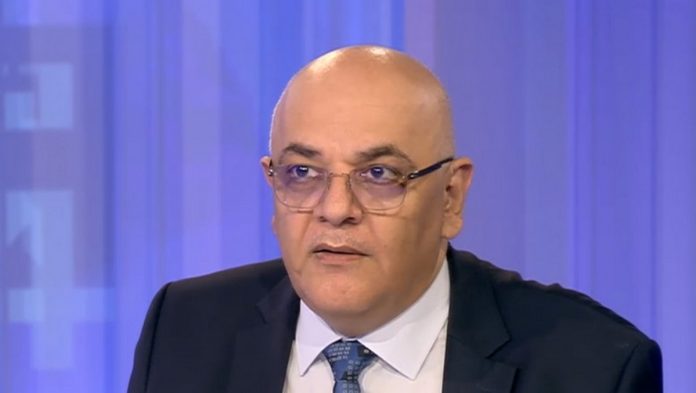The Head of the Department for Emergency Situations (DSU), Raed Arafat, speaks, in an interview with AGERPRES, about the National Disaster Risk Reduction Strategy 2024-2035, recently adopted by the Government, emphasizing that, once this document is implemented, it should rooted in the idea that, in the prevention of disasters, people are part of the solution, „not a problem and not a vulnerability” and they must also provide help, in such situations, until the authorities arrive.
„In a major earthquake, the state does not have how to intervene in all locations immediately, instantly, as happens every day in individual emergencies. So the first people who have to give help are the people. The most important thing that I see until 2036 is the concept that we are part of the solution, as ordinary people, not a problem and not a vulnerability, and we are the solution in fact, that we are the first trained to intervene until the authorities come with more complex means to get to work, too,” Arafat says.
The strategy is based on the Sendai agreement, says Arafat, and Romania is a signatory to the agreement, as are most of the world’s countries. Such things that require financing, investments, solutions that are not implemented overnight, require more time. If we made such a strategy in two years, it would not be realistic at all, because we would not have had all the necessary resources, nor the time necessary to implement the solutions. That is why it has an implementation period of 11 years, until 2026, Raed Arafat adds.
Since it is an „all hazard approach” strategy, it will include a large number of state authorities, Arafat goes on, explaining that early warning is not necessarily alerting the population.
„Early warning means sensors for floods, sensors for earthquakes, sensors for different categories of situations that may occur and which then trigger the alerting of the population. These things also require the amendment of the legislation.”
„DSU is a model that brings together all emergency response and management entities. I say that this is one of the major steps that Romania has taken, by integrating the civil emergency sector under a single dome that allows better preparation and a more efficient response,” says the DSU head.
Regarding the awareness of the population towards disasters, Raed Arafat reminds that there is the „Be Prepared” portal, which is already known and where a lot of information for the population is displayed.
„There is the DSU application, which helps us get information and alerts. We moved from the Civil Protection Day, in the last two years, to the Civil Protection Week and extended the period in which we come into intensive contact with the population, with children and adults, from one day to one week a year and this allows us to do much more,” Arafat adds.
Also, the campaign regarding the installation of smoke and carbon monoxide detectors, he reminds as another step towards awareness of the population.
Raed Arafat says that there is a platform that was created for volunteers in emergency situations.
„We, at this moment, encourage the recruitment of volunteers and their training within the inspectorates for emergency situations and not only, in the ambulance services and elsewhere. The future is to rely on volunteers as well, but we also have protocols signed with NGOs that play a major role in disaster situations and come as partners,” he adds.
If in 2036, after the National Disaster Risk Reduction Strategy has been implemented, we face an earthquake like in 1977, of say 7.2 on the Richter scale, the strategy must further provide for this part of the rehabilitation of buildings, because there are actions that have started in this regard, but we hope that in 2036 there will be no more talk about buildings with a level 1 earthquake risk, and then, from the start, we hope that the impact of an earthquake will be smaller, but, after that, we expect a much better trained population that will not panic, that will know what to do in the first phase, that will come to the rescue of neighbours and those close to them, because the state does not have in a major earthquake, how to intervene in all locations immediately, instantly, as happens every day in individual emergencies, Raed Arafat concludes.
AGERPRES




